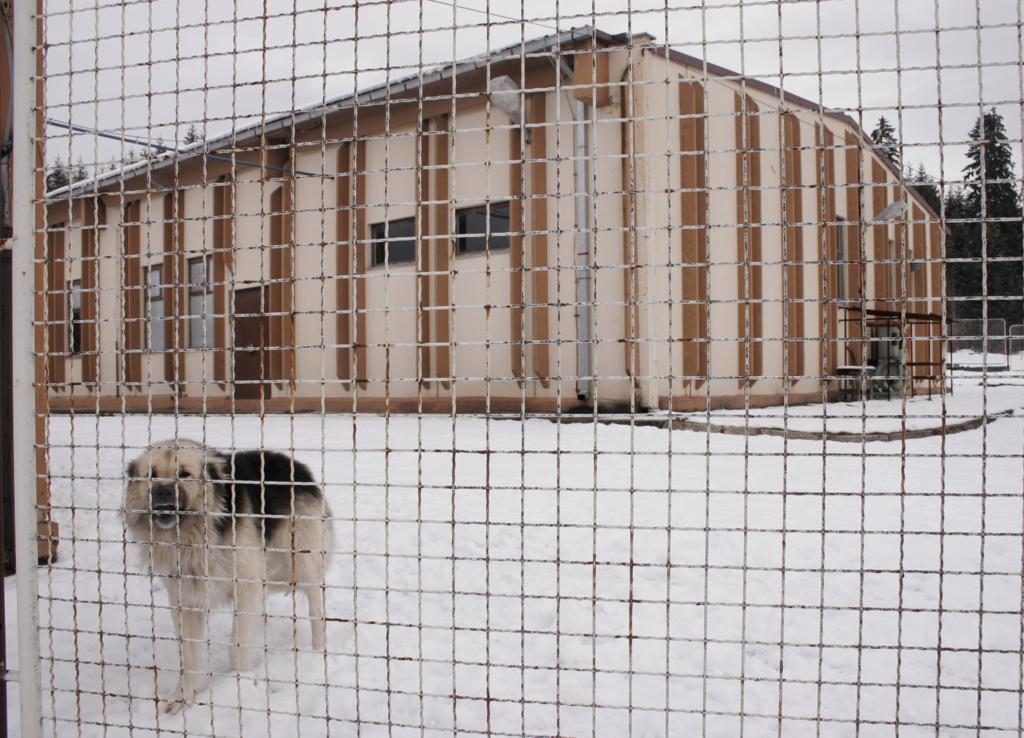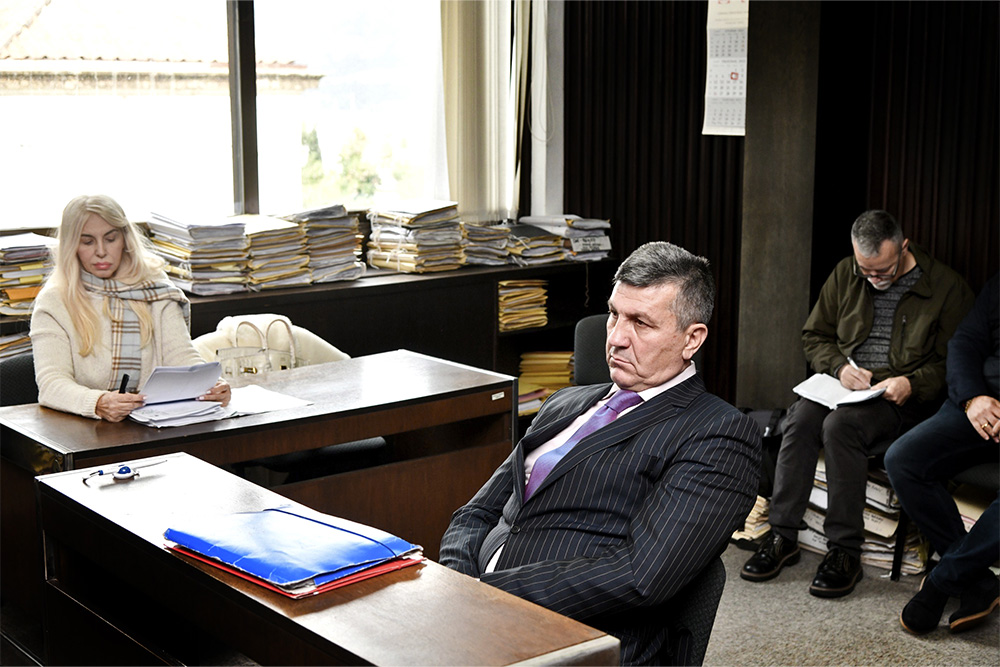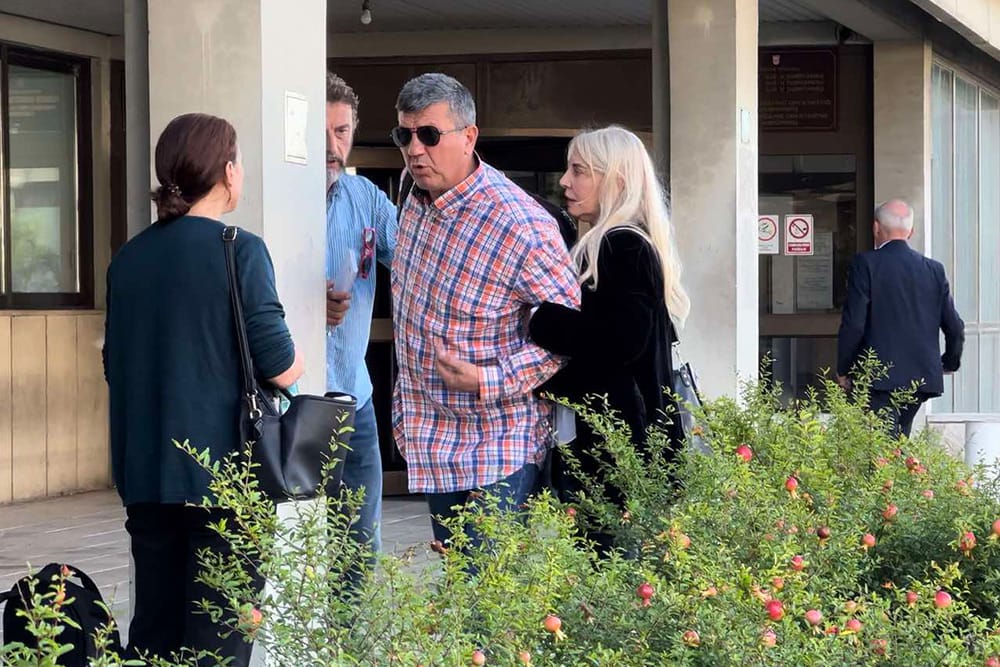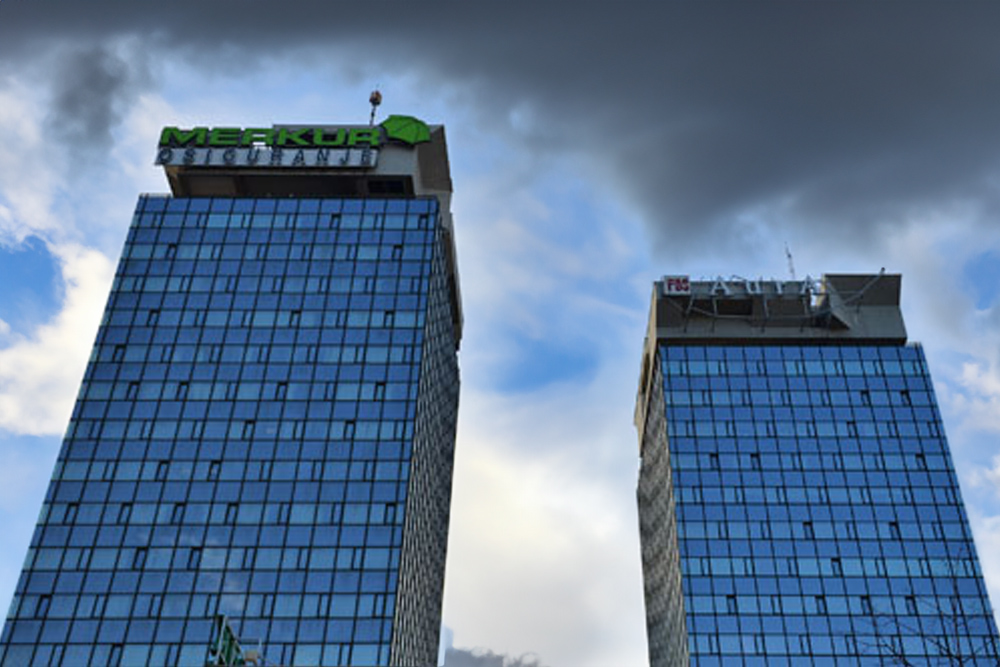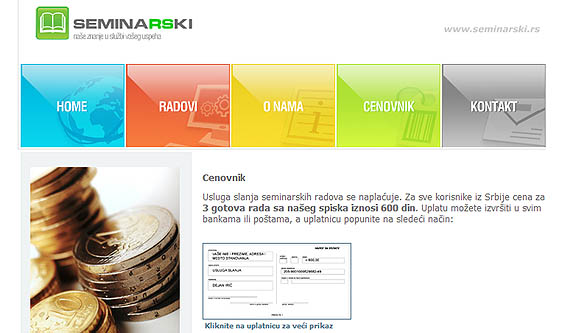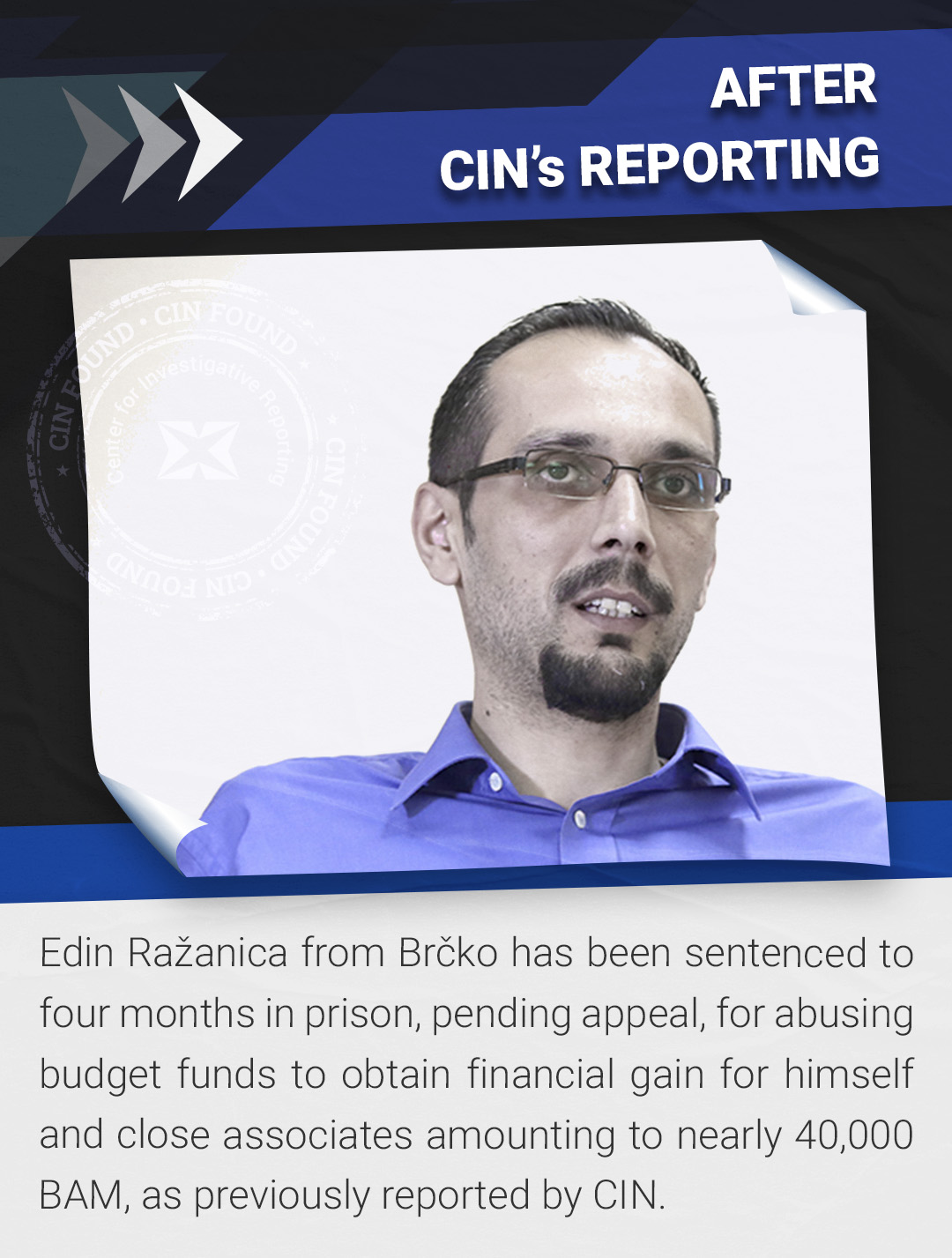Before it closed three years ago, a European Union (EU) program meant to help small and medium businesses and create new jobs in BiH gave more than 2.2 million KM in equipment to companies some of which were not registered and may not have existed, or that disappeared soon after getting awards.
Of the 35 companies that got grants of between 17,000 and 99,000 KM from EU’s QIF2 or Quick Impact Facility Phase II, nine have closed and five others could not be found. Reporters for the Center for Investigative Reporting in Sarajevo (CIN) visited addresses listed for these firms, checked phone records, municipal registries and business directories and talked with local officials trying to locate them. There were 49 additional companies in a first phase of the project but CIN was denied a list of those companies.
In operation through two phases from 2000 through 2004 QIF spent a total of 16 million KM, including the direct donations to companies. It also funded the establishment of municipal business centers and regional development agencies that are still operating.
Sumka Bučan, the head of Strategic Support Team at CARE International in Sarajevo, which administered QIF for the EU, said she was surprised and disappointed by CIN’s findings.
‘I am shocked by what you found in the field’ she said, ‘but we live in an environment where the ethics and corruption level in both business and the NGO sector is such that I am not completely surprised.’
The Promise of Jobs
Back at the start of QIF, Michael B. Humphreys, then chief of the European Commission (EC) in BiH, described its main goal this way:
‘The real question to ask is how to create jobs. In developed economies, the main source of employment is the private sector. For instance, in the EU nine out of 10 jobs are created by small and medium sized enterprises.’
QIF was supposed to generate 2,500 new jobs.
Firms that don’t exist now and may never have existed do not provide jobs, however.
Money Dispensed with Little Oversight
CIN found numerous instances of companies given equipment with little follow-up on how it was used.
BH Organic, an organic raspberry grower given 99,000 KM for equipment, should be in Bratunac, according to QIF2 publicity.
But it is not registered there nor listed with the Municipality Commercial Department or in the tax office in Bratunac. No records of the firm could be found and no department employee could remember ever hearing of the firm in the small community. Skender Hot, the director of an agricultural cooperative that buys raspberries from suppliers in the town, had also never heard of BH Organic.
‘I never heard of any organic raspberries. If they got the money, there is money, but there are no raspberries’ he said.
There is some question whether Borik Farm, a poultry business in Vitez, even received the 99,000 KM in aid listed on the QIF webpage.
Milan Biljaka, who owns Borik Farn, said he never got a pfennig.
‘This is the first time I hear I got money. I really never got that money. I am hearing about it for the first time, and there will a reward for you if it’s true. But I really never got anything. I asked for aid, but they refused’ he said.
Borik Farm employs 40 workers, about the same now as when he began the business a decade ago.
In Zavidovici, a metal processing company called Cherry received 45,730 KM for equipment, while another firm, Grakom-B, was awarded 63,300 KM for equipment to produce dry fruits and vegetables.
But four years later, CIN could find no contact phones for those companies, and no one in the Zavidovići municipality could say if there ever was a business at all. Commerce inspectors said that they believed Cherry was registered in 2004 but closed two years later.
Marko Vukadin, a commerce inspector from Zavodovići, said he has no records of Grakom-B. ‘That means that they are phony’ he said.
Luky, a textile manufacturer in Han Pijesak, received 99,168 KM from QIF in 2003.
Today, the empty premises of the firm are surrounded by a fence and guarded by a large dog that barks at the rare passerby. Owner Miroslav Lasić lives in Han Pijesak. At his home a woman who introduced herself as his sister said that he was on a business trip and that she didn’t know when he would be back.
In Novi Grad, Kozara Development, a textile processing plant, closed soon after it accepted a grant of 73,800 KM for machinery and an obligation to employ 26 workers.
Zoran Gačić, head of the Agency for Development of Small and Medium Enterprises in Novi Grad, said that the RS Tax Administration closed down the firm for non-payment of taxes.
Gačić said that authorities seized machinery from the firm in lieu of payment by owner Nikola Kreča and that the Italian company that had leased the machinery to him was trying to recover it.
CIN could find no way to contact Kreča.
Favortex, a Tuzla textile firm, received 84,000 KM in 2003 but is not registered with the municipality’s Service for Development, according to employee Selma Mujkić. No phone listing for Favortex could be found through BH Telecom.
After asking CARE about the firm, they provided a cell phone number for the owner who asked that CIN not use his name. He told CIN he couldn’t afford to have a business phone and that while the plant was currently not working he hoped to have contract work soon.
CARE refused to provide contact details for other owners.
‘I really don’t know how that happened’ Bučan said when asked about these firms.
CARE was not authorized to monitor use of the grant money after the program ended, she said. She said that she would notify the EC.
A spokeswoman for the EC delegation in Sarajevo, Zora Stanić, said initially they had received no report from CARE on the success of implementing the QIF grants. After Bučan disputed that, saying that CARE submitted regular reports, the EC said they had reports but refused to release them to CIN saying they were for internal use only.
CIN has filed a complaint with the EC ombudsman who is considering the issue but has not yet provided a timetable. CIN is also seeking the names of 49 additional firms that received money in the first phase of the project.
Aiding Small Businesses
To be sure, QIF has had some successes. A dozen firms received and used grants as intended.
Tele Com, a vehicle repair business in Gornji Vakuf under director and owner Ismet Gegić, spent a 23,950 KM grant on tools and equipment.
Gerić said that his company had to submit about 30 documents to get the funding and that QIF representatives inspected his business after the money came.
‘I remember them complaining that they couldn’t find some companies they gave funds to and claimed that it was very frustrating for them’ said Gerić.

Mraz, another textile firm in Pale, also used its 92,700 KM grant positively.
Owner Radivoje Kovačević proudly talks about his firm’s 40 workers and says he is grateful to the foreigners who helped him buy sewing machines.
But overall, international aid has not been the best form of help for small businesses in BiH, said Slobodan Marković, director of the development agency ARDA in northwestern BiH, which received support from QIF.
ARDA keeps an up-to-date database of businesses and tries to stimulate and support small businesses through training and counseling.
Marković said that foreign experts design projects more to attract available funding from donors than to meet the real needs of BiH firms.
‘The biggest problem is that those projects are not realistic in the sense that they don’t match with what the company needs, but with what somebody else thinks it needs’ he said. They don’t know which companies need assistance and which do not.
‘Why is this happening in our country? That is the question. And the answer is that our country doesn’t support small and medium enterprises’ Marković said.

